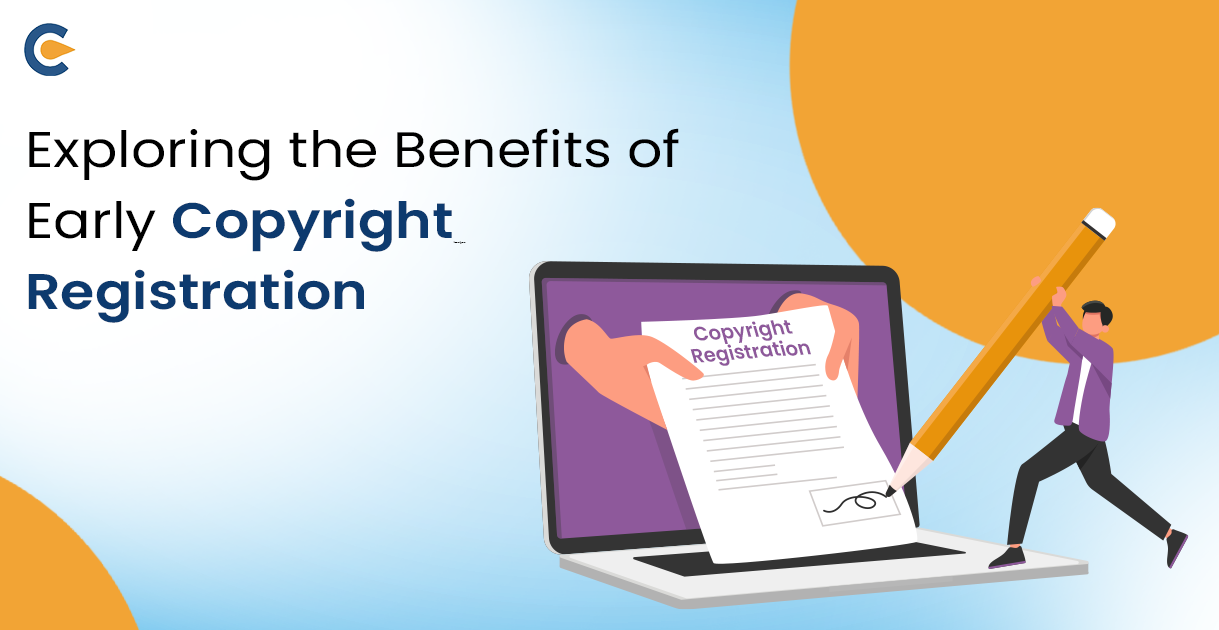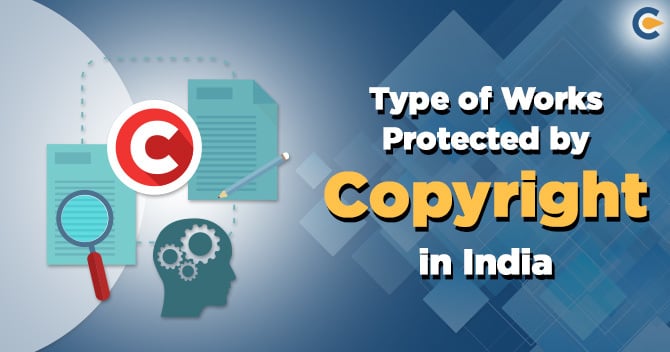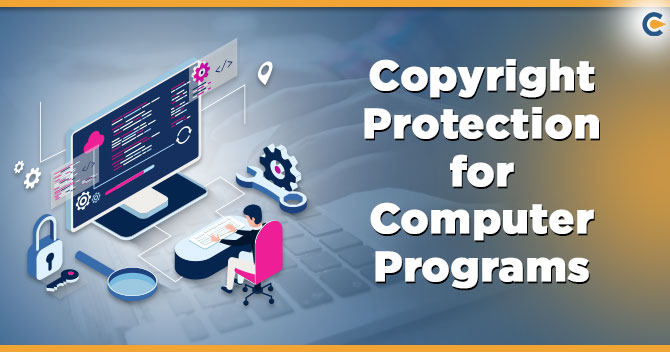It is important to comprehend the significance of registration. A lot of time and money is spent when a person or organization produces a new product, which entails several procedures, resources, content, etc. It is reasonable for the person or entity that created the innovation to assume the expectation of having exclusive rights to it, keeping others from profiting from it. The IP laws and mechanisms give this exclusivity. While IP and trademark registration are not required, they do provide the creator with several benefits, such as prima facie ownership proof, which allows the owner to pursue IPR in court if needed.
If IPs are not safeguarded, there are several risks. For example, failing to secure intellectual property might lead to anybody benefiting illegally from an unprotected idea. If intellectual property is not filed, there is no legal prohibition against copying and profiting financially from the invention of others. Furthermore, if the intellectual property is unregistered, it is the owner’s responsibility to establish their ownership in a court of law.
What is the meaning of Copyright?
An owner of intellectual property is granted the legal privilege known as copyright. It is the right to copy, as the expression implies. Therefore, the meaning of copyright is that the creator of a work owns the rights to it. Therefore, the only person who may copy that work is that person or anybody they grant permission to. The original inventors of the product are granted the only right to use it further or to make duplicates of it for a limited period of time under copyright law. The copyrighted object now enters the public domain at this moment.
Expressions of ideas are protected by copyright law, not the ideas themselves. Literary, dramatic, musical, artistic, cinematographic, and sound recording works are all protected by copyright under section 13 of the Copyright Act 1957. For instance, as literary works covered by the Act, computer programs and novels are protected.
What is Copyright Registration?
The goal of copyright registration is to provide a verifiable account of the work’s date and substance so that the copyright owner may produce a copy of the work from an official government source in the event of a legal claim, infringement case, or plagiarism case. Copyright for an author’s work is automatically obtained at the time of creation of the original work. According to Indian law, a copyright is automatically granted to a work upon creation; no formalities are required in order to get a copyright. The Berne Convention’s fundamental tenet- that copyright registration is optional is crucial.
Benefits of Early Copyright Registration
Following are the benefits of early copyright registration are:
File a Lawsuit for Copyright Infringement:
The power to enforce copyrights by bringing a lawsuit for copyright infringement is the most vital benefitof early copyright registration. The registration certificate serves as the first evidence that the creative expression is unique and that the owner of the copyrighted work is the one who registered it. This document is essential and required if the owner of the copyright requests an injunction against a copyright infringement.
Economic rights:
One of the next benefits of early copyright registration is control over economic rights. If an artist or creator has their work registered for copyright, they are also entitled to certain financial benefits, such as the ability to monetarily utilize their intellectual property, which is entirely under the ownership of the IP owner.
Defence against Violations/Infringements:
You can get other benefits of early copyright registration when a defence is required against the violations. An artist’s biggest dread is when someone tries to steal their creations. It is legally referred to as an infringement. The original creator of the work frequently suffers financial loss as a result of copyright violations. Therefore, having a copyright registration affords you legal protection in the event that someone else uses your work without permission.
Remedies:
Along with other benefits of early copyright registration, copyright registration also provides many remedies to deal with the infringement. With the benefits of early copyright registration, you can avail of the benefits of civil remedies, where the owner of the work can get injunctions and damages. Administrative remedies are also one of the benefits of early copyright registration, where the prohibition on imports of the work can be done. Penalties and imprisonment are also availed as criminal remedies as another set of benefits of early copyright registration.
Motivates the Copyright Owner
To thrive, creative brains require motivation. One benefit of early copyright registration is that it encourages creators of original works to produce more art. The ownership of different original works is publicly recorded by the copyright office. Recognizing the owner’s inalienable right as a result. It also makes it easier for the writers to concentrate on their next project when the content is so well protected.
Makes a Public Record:
Amongst the next benefits of early copyright registration is making a public record. When you register, you are essentially alerting the world to your copyright claim. This facilitates, among other things, the finding of you and the determination of the status of your work by those who want to license it.
Copyright Registration with Corpbiz
Get your copyright registration today with the assistance and guidance of our copyright experts, who have years of experience in copyright registration. With Corpbiz’s expert guidance, you can avoid delays and have a seamless registration procedure.
Frequently Asked Questions
Is copyright registration free in India?
To get a copyright registration, there is a fee charged by the authorities in India. Copyright registration is not free in India.
Who will issue a copyright registration certificate?
The copyright office in India will issue the copyright registration certificate.
What is the validity of copyright registration in India?
The validity of copyright registration in India is generally sixty years.
What is eligible for copyright?
Literacy work, musical work, artistic work, dramatic work, software codes, etc, are eligible for copyright.
Is it compulsory to register a copyright?
No, it is not a mandatory requirement to get a copyright registration, but having one has many benefits.
Who is the owner of the copyright?
The person who creates the work is the owner of the copyright.
Will the copyright expire?
Yes, the copyright expires. There are different periods for different kinds of copyright. After the end of these terms, the copyright will expire.
Who is a copyright holder?
The person that owns the work is known as the copyright holder.
Which law governs copyright protection in India?
The copyright is governed under the Copyrights Act of 1957 in India.
Can I transfer my copyright to someone else?
Yes, you can transfer or sell the copyright of a work to someone else, but having the permission of the owner of the work is mandatory.
Read Our Article: Is Registration Of Copyright Mandatory In India?











